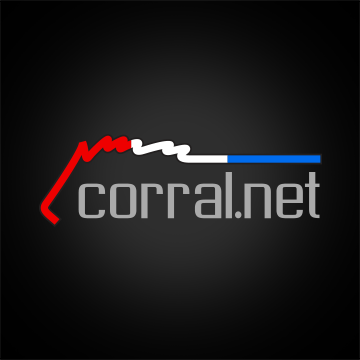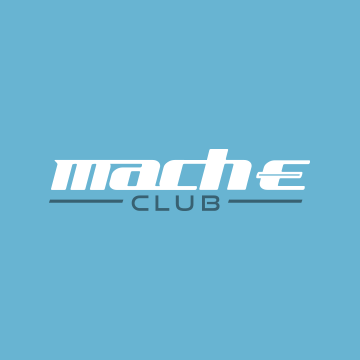Sure there are many "Tunes" out there but what are they really modifying?
Generally speaking, they are modifying all the same parameters you would change to "tune" a carburated engine (and a few more) - but now you have more control.
Instead of spark advance retard based on springs and vacuum, it is a table (actually multiple tables).
Instead of modifying springs/jets/floats in a carb, you are controlling pulse width and duty cycle of fuel injectors.
Instead of "secondary" springs, you are controlling the open/close of CMCV's
Instead of manually choosing a cam angle based on the best "compromise" - now the PCM can change the cam angle dynamically...
All of these things are placed in tables to "build" a tune which ultiamtely builds yet another table that the PCM reads out of as the car runs...
The basic (simplified) operation of the PCM is (repeated many times per second):
1. read parameters - RPM, MAF, A/F, Throttle position, temp etc...
2. compute load
3. compute address into table based on all of the above
4. read data from the tables in the PCMs memory based on that computed address and drive out the controls:
- spark
- fuel injector control
- fuel pump control
- CAM angle (pressure)
5. wash rinse and repeat until the key is turned off...
What is safe?
What are the effects, as well as the Gains or Detriments?
What are we trying to achieve?
And most of all.
What NOT to do!!
The trouble with all of this - as with any "digital" control system is that the failure is not "graceful" - that is, analog/mechanical systems tend to operate on a bell curve...
At the top of the curve - everything works perfectly - go left or right and it starts to behave progressively worse...
With digital systems, the failure is often "binary" - either it works or it doesn't... your engine goes from purring to detonating and throwing parts out the side...
So, the what not to do is start change parameters without understanding what they do. The range of control you have when you buy a diablo/sct type handheld is intentionally limited to try and prevent you blowing your car up...
To access all of the features, you would need to purchase more software (Pro Racer in the case of SCT) which gives you access to all the parameters, but the catch is you need some way "see" the effect of what you are changing...
That's where the dyno comes in... It is a crude tool as it can't actually show you the full range/type of loads the car will see, but it does give an experienced tuner a pretty good idea of what is working and what is not....
What you or a tuner is trying to achieve is an "optimization" (tradeoff between spark, fuel, detonation, and in stock form - emissions)
Any "canned" tune is generally going to be designed to operate over a wide range of temperatures, altitudes etc which means that the writer of a "canned" tune will have to keep some margin on anything they do or they risk blowing up someone's car...
The short version for "most" people these days is actually a little more modular...
That is until you start heavily modifying your car, there is enough data out there that many on-line vendors can use a lego block like approach to build you a tune based on what mods you have...
A "good" dyno tune done local to where you will drive is always better IF (and only IF) it is an experienced tuner... If not, I think you will find that some of the on-line vendors can do just as well for a pretty wide range of common modifications...
Phew - I think I just typed up a novel - this is a big topic. While it might seem like the controls of your car have been locked away from you (which they have) - the flip side is that the computer and a qualified tuner have a great deal more control over your car than they once did and will be able to make a much more reliable powerful setup out any given mix of parts...




